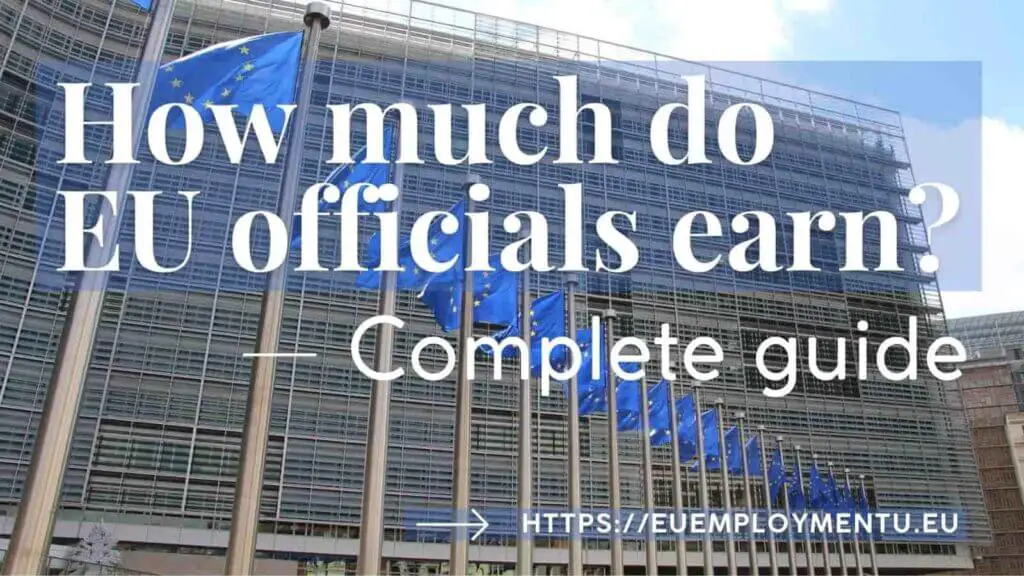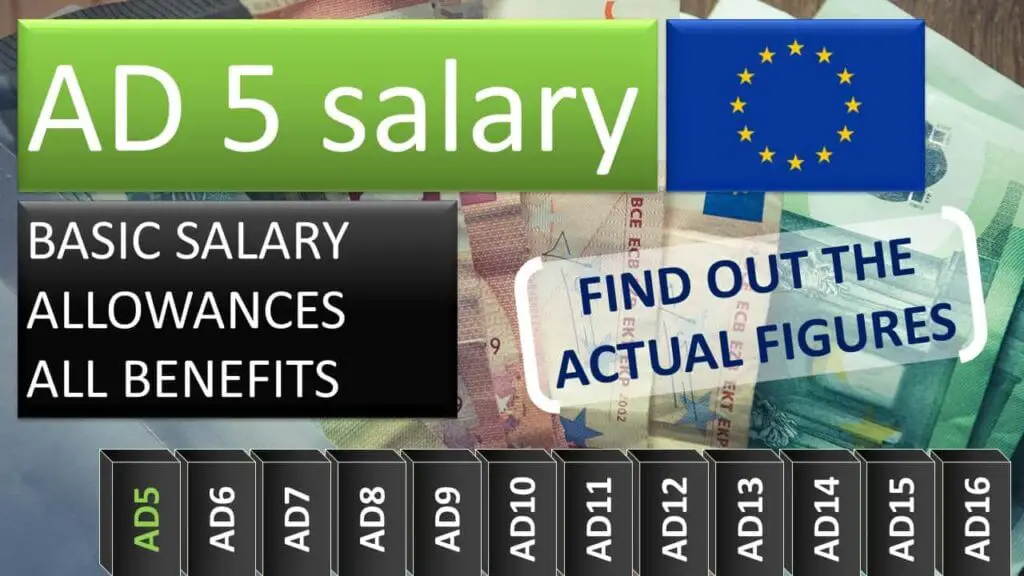An Executive Director is the most senior official within an EU agency, entrusted with the overall leadership, management, and operational oversight of the agency. The ED guides the agency towards achieving its strategic objectives and ensuring it adheres to EU regulations and policies.
The Executive Director of an EU agency reports to the Management Board which is usually constituted of representatives of EU Member States and the European Commission. In some cases, countries of the European Economic Area can also be part of the Management Board.
Typical responsibilities of an Executive Director in an EU agency:
- Leading the agency and setting its strategic direction.
- Implementing decisions made by the agency’s Management Board and the European Commission more broadly.
- Managing the agency’s budget, human resources, and daily operations.
- Representing the agency in external forums and high-level meetings.
- Ensuring compliance with relevant EU laws and standards.
- Reporting on the agency’s performance and activities to the governing bodies.
Regarding the selection process, the Executive Director is generally appointed by the agency’s Management Board upon recommendation (short list) of the European Commission. The selection process typically involves public calls for applications, rigorous screening, and interviews to identify the most qualified candidate. However, Member States’ lobbying can also play a significant part in the selection of an ED.






Thank you for sharing. Just one question. I heard someone (security job) got hearing test too. From your list it…